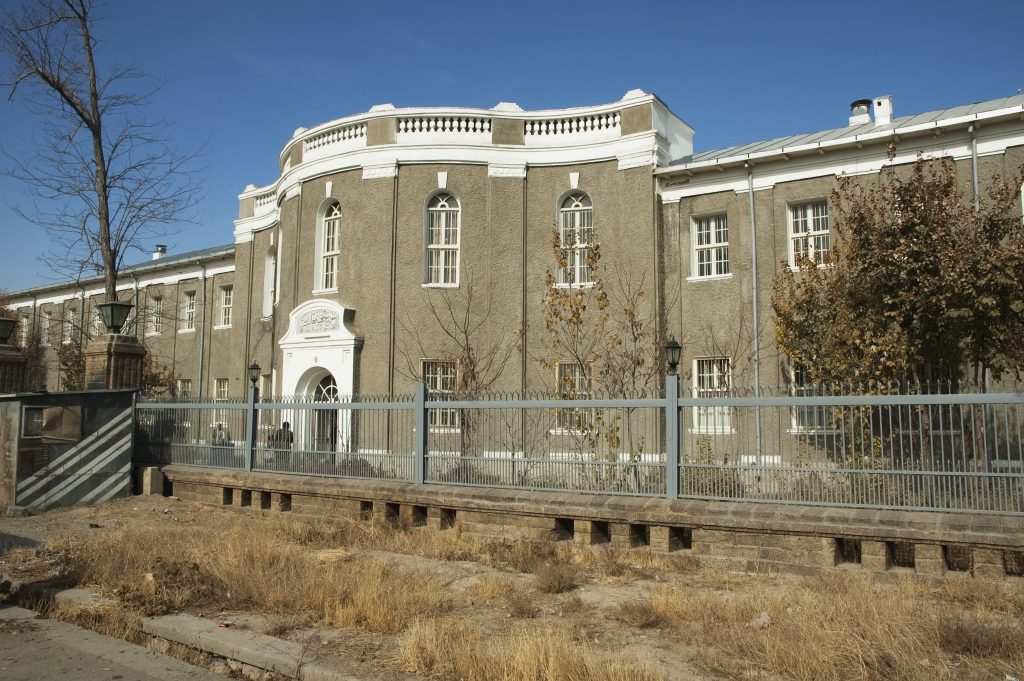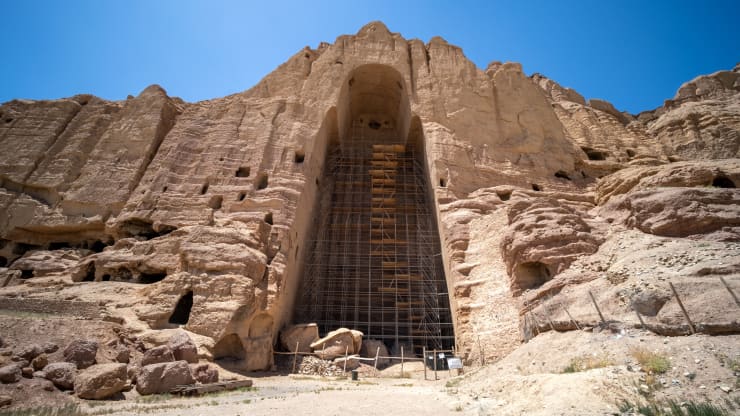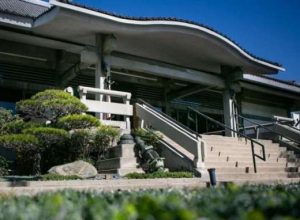
Back in power since being deposed in 2001, the Taliban finds itself seeking legitimacy as the new custodian of Afghanistan’s priceless Buddhist heritage. Among the items that have come under Taliban custodianship are the Bamiyan Buddhas and those in the National Museum of Afghanistan.
The militant group has encountered tremendous difficulty in governing the impoverished, war-torn country since taking over the capital of Kabul on 15 August. Apart from basic infrastructure and government services, it also has had to take the reins of preserving what is left of Afghanistan’s rich history, including its Buddhist tangible culture. Signals are mixed, with things looking more positive at the National Museum of Afghanistan, which reopened on 25 November. Artnet reported last Wednesday that it had reopened under Taliban protection, with militants among the 50–100 daily visitors to the institution. (Artnet)
Mohammad Fahim Rahimi, director of the museum, was at first terrified that it would be destroyed, since the Taliban had ransacked the museum in 2001, looting a horrific 70 per cent of its 100,000-piece collection—the museum today contains about 50,000 artifacts after much rebuilding with UNESCO’s help. However, when the Taliban did not make any move to attack the museum after the group’s triumphant entry into Kabul, Rahimi enlisted members to guard the institution within days of the takeover. (Artnet)
However, in Bamiyan, the sincerity of the Taliban’s protection of the site they destroyed in 2001 remains in question. It is currently being run as a tourist site, with visitors being charged US$5 to wander around the site. (NBC News) While not a member of the Taliban government, one supporter who visited the wrecked Buddhas told NBC News: “I was young when these were destroyed, about 7 years old, and since then it has been a dream to come and see what happened here. . . . I’m happy it was destroyed. I’m here to see the ruins actually.” (NBC News) The plight of the Bamiyan Buddhas was catapulted into international consciousness when the Taliban blasted the sculptures in 2001, having declared them “un-Islamic.”

This year, however, the Taliban has attempted to project the image of a less fundamentalist, more open government. It has tried to convince the international community that it will not backslide on the social progress made under the deposed, US-supported administration. In February and before its lightning takeover of the country, the Taliban issued a statement promising not to loot sites of importance and to protect Afghanistan’s rich cultural heritage. It noted: “As Afghanistan is a country replete with ancient artifacts and antiquity, and that such relics form a part of our country’s history, identity and rich culture, therefore all have an obligation to robustly protect, monitor and preserve these artifacts.” (Artnet)
When the Taliban took over in August, UNESCO issued a statement calling for the preservation of sites like the Bamiyan Buddhas: “It is crucial for the future of Afghanistan to safeguard and preserve these landmarks.” (NBC News) The Alliance for the Restoration of Cultural Heritage (ARCH) International also worked with Islamic theologians to lobby the Taliban for preserving Afghanistan’s diverse culture. Cheryl Benard, president of ARCH, said that she had found the group “surprisingly receptive.” “In the end, we didn’t need this,” she told Artnet. “On their own initiative, they even sent an order to their commanders in the field, to not destroy any historic sites or structures and to prevent looting.” (Artnet)
It is mostly a lack of resources, coordination, and to some extent goodwill that is hampering progress for both the Taliban and the parties that must accept its presence and leadership. Benard told Artnet: “The problem is that the country’s assets and money have been frozen under sanctions ordered by the US government. Some international organizations have been working hard to find a way to pay teachers and health care workers by flying cash in directly, or by unfreezing smaller amounts held by the World Bank for direct payment to teachers and health care workers. But the museum staff are not included in those efforts.” (Artnet) As a result, people like Rahimi and other staff members, including women, technically still have jobs, but have not been paid a salary since August, a problem shared by all government workers.
Afghanistan is on its knees thanks to a range of colossal crises, from a problematic leadership transition to American sanctions and a lack of trust between the Taliban and the international community. As long as the country remains unstable and cut off from access to funds, the fate of its Buddhist relics will also remain uncertain, regardless of the Taliban’s reformed attitude to Afghanistan’s pre-Islamic legacy.
See more
The Taliban destroyed Afghanistan’s ancient Buddha statues. Now they’re welcoming tourists. (NBC News)
The Embattled National Museum of Afghanistan Has Reopened, With Taliban Security Negotiated by its Director (Artnet)
Related news from Buddhistdoor Global
At UN Assembly, Sri Lanka Urges Environmental Efforts and Protection of Afghan Buddhist Heritage
Afghan Museums Fear for Ancient Buddhist Artifacts amid Taliban Takeover
Related features from Buddhistdoor Global
Buddhistdoor View: Afghanistan – Mourning a Global Failure
Buddhist Traces in Afghanistan: Reminiscences of Peace and War












